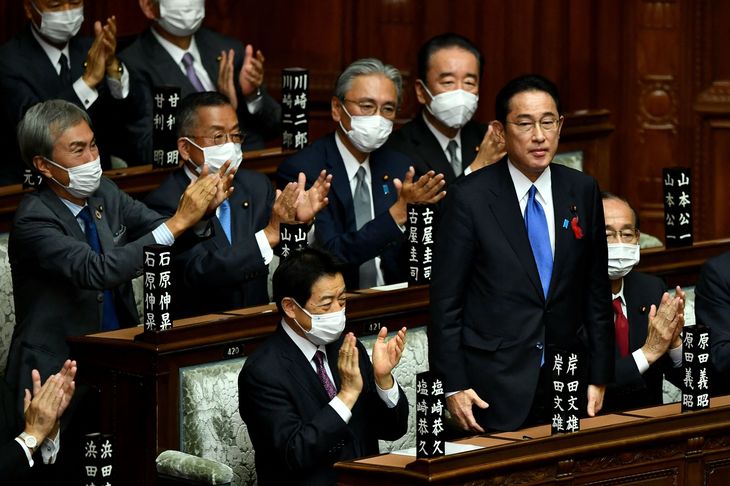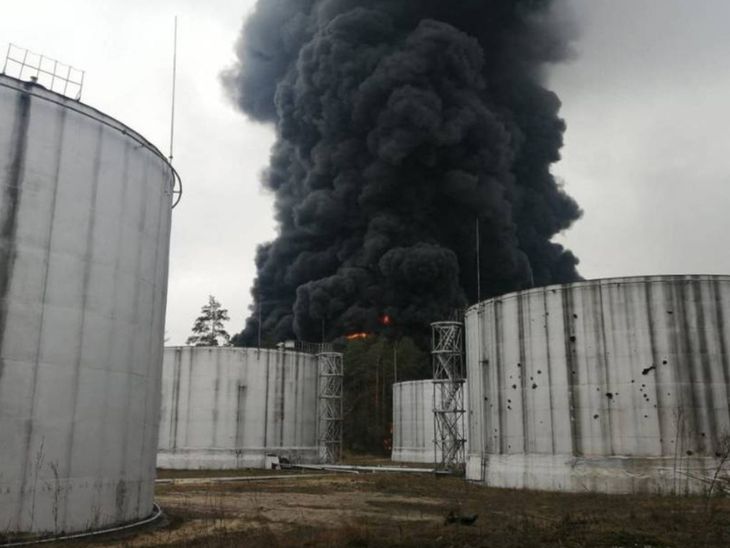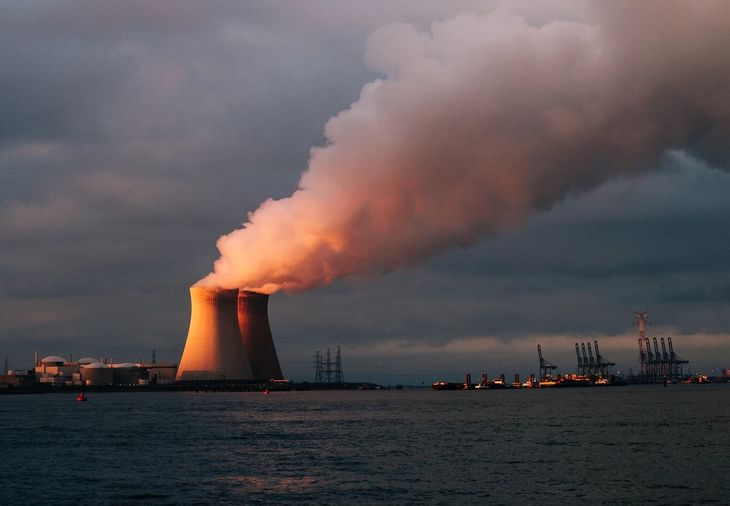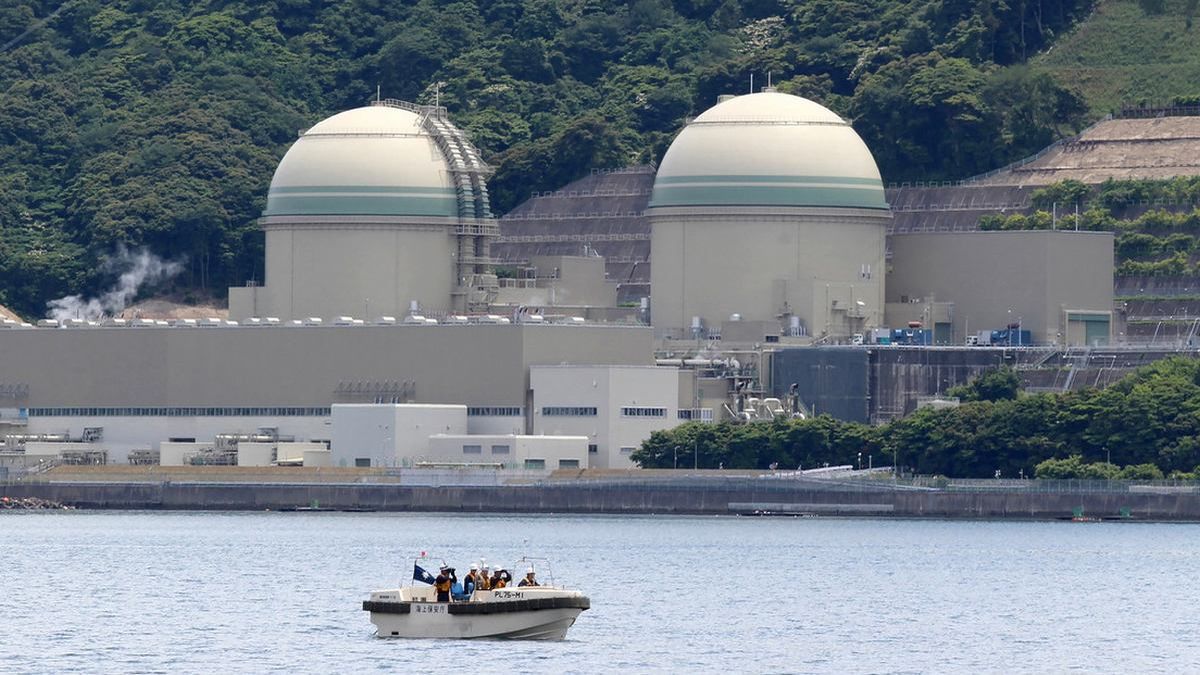The law is part of a package of measures aimed at boosting investment in renewable energy and increasing the country’s energy self-sufficiency.
He Parliament of Japan approved this Wednesday law that extends the lifetime of nuclear reactors beyond 60 yearsas had been arranged after the disaster at the Fukushima plant in 2011with the aim of improving the electrical supply of the country and help him achieve his climate goals.
The content you want to access is exclusive to subscribers.
The ruling coalition headed by the Liberal Democratic Partyof the prime minister Fumio Kishidavoted in favor of the bill, which also received bipartisan support from the opposition. Other forces opposing left and center left They opposed the legislation, assuring that the new proposals to guarantee the safety of nuclear power plants were insufficientreported the AFP news agency.


Fumio Kishida

Photo: AFP
Kishida had announced this initiative last year to relaunch the nuclear sector of the country, months after the energy shock caused by the war in Ukrainestarted in February 2022, which disrupted the market and raised the prices of fossil fuels.
The law was passed as part of a package of measures aimed at promoting investment in renewable energy and increase the energy self-sufficiency from the eastern country. According to data from Ministry of Commercein 2020, Japan depended on the imported fuels for him 88.7% of your supply.
In an attempt to promote the use of renewable energyhe Government proposed the issuance of green transition bonds to increase the proportion of sustainable sources in the distribution of energy in the country.
nuclear power plant.jpg

The new legislation retains certain provisions that were established after the nuclear disaster March 2011 in fukushimaincluding a basic limit of 40 years in the period of operation of nuclear power plants, expandable to 60. However, there remain clauses in the law that allow even more extensions.
The newly passed bill would allow nuclear plants to operate by over 60 years if approved by the Minister of Economy and submits all extensions to periodic inspections.
nuclear power plants.jpeg

After the catastrophe at the fukushimacaused by an imposing tsunamithe entire Japanese nuclear park was Out of service. Of the 33 theoretically operational reactors in the country, alone ten they started working again since then, after having adapted to stricter safety standards.
Source: Ambito




